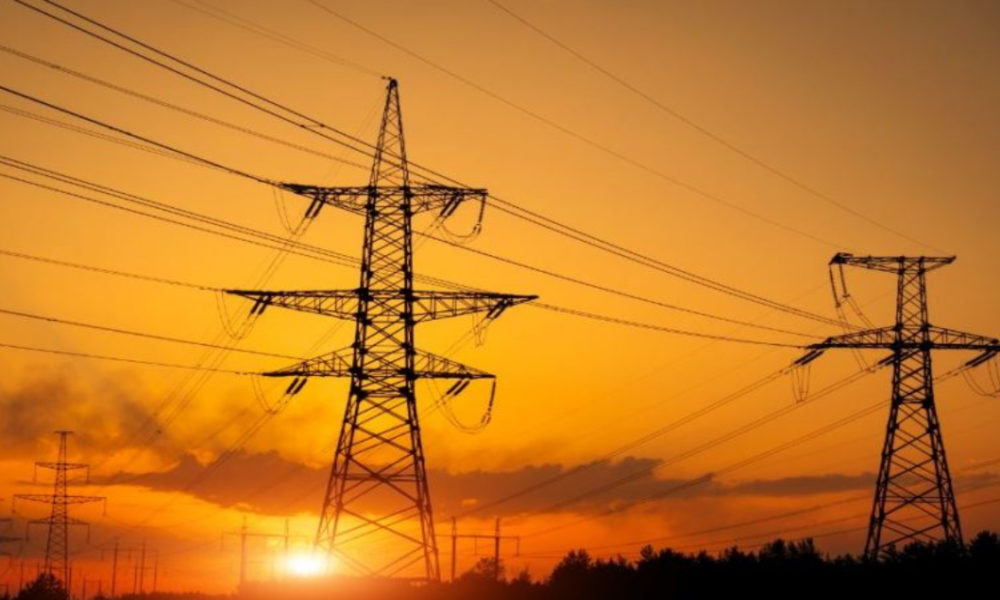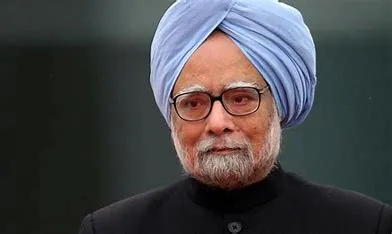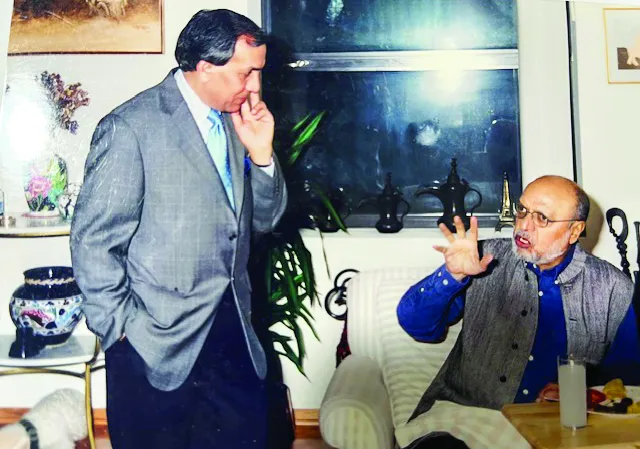Electricity has become a lifeline in modern way of living in India. However, its assured supply at an affordable price to the people has become a great challenge for the government. Electricity has been treated as a public service and a basic energy input for accelerated industrialisation and economic development in India since Independence. Therefore, electricity supply was developed in the public sector. Power sector is in a serious financial crisis for the last two decades and there is a threat of it going financially bankrupt unless some major steps are taken to make it economically viable.
Electricity generation, transmission and distribution require scarce resources and involve economic cost. Obviously, its use should be governed by the sound socio-economic principles. Someone in the society has to pay for it. Who pays and who should pay must be made transparent. Public perception regarding electricity supply also needs a drastic change. Various categories of consumers are subsidised on socio-economic considerations or developmental priorities. Domestic consumers from socio-economically weaker sections of the society and backward regions are being supplied electricity on subsidised rates. Agriculture is being supplied electricity at highly subsidised rates to incentivise farmers to grow more food. Industry is also provided electricity at subsidised rates to incentivise industrial development of backward regions or to promote industries in priority sectors. In a democratic polity, various stakeholders exert their pulls and pressures to extract economic benefits/ rent for their support to the political establishment.
In the mid-1960s, green revolution technology was adopted as a strategy of agricultural development in India. Use of electric tube wells for irrigation was promoted and incentivised by supplying electricity at highly subsidised flat rates or free of cost. Soon, the rural elite consisting of big landlords and rich peasants developed a vested interest in the free supply of electricity to farmers and as they controlled rural vote banks, no political party in power could resort to cost-based pricing of electricity to farmers. Worst of all, metering of tube wells was also dispensed with on the pretext of saving the cost of metering. This has led to complete collapse in the transparency of the electricity accounting system and financial management. Now, calculation of transmission and distribution losses, power theft and collection efficiency, etc, are all intelligent guesses, which are easily manipulated by the management of power distribution companies (DISCOMs).
There are a large number of research studies which have conclusively established that more than 80 percent of power supply to agriculture was consumed by the big farmers and most of the financial benefits were cornered by the big landlords and they do not accrue to the small and marginal farmers as stated in the policy documents. This is a blatant misuse of the public policy to benefit the vested interests. It has been noted over time that the ruling elite, irrespective of their party ideology, cannot afford to antagonise big landlords and disturb the status quo and the existing arrangement of supplying power to agriculture due to vote-bank politics.
In principle, state governments must compensate the public utilities with full subvention for the subsidised supply of electricity. However, subvention provided by the state governments was always much lower than the actual cost of supply. Obviously, political parties controlling state governments indulge in cheap populism and compel the public-owned distribution companies to follow subsidization policy but abdicated from their responsibility to compensate them for the financial losses. Distribution companies are left with no incentive to improve their technical or financial performance. Thus, the DISCOMs are forced to borrow from financial institutions even for their day-to-day operations, keeping them in a state of perpetual indebtedness and financial crisis. Financial losses of DISCOMs kept accumulating, even the financial institutions became reluctant to extend credit to the DISCOMs, threatening them to be financially bankrupt and insolvent.
To enable the DISCOMs to start their business from the clean slate, Government of India undertook the first financial restructuring of SEBs/DISCOMs through ‘One Time Settlement’ (OTS) in 2003 with the central power sector undertakings, by taking over the outstanding dues of the SEBs. However, it proved to be only a partial relief. By 2014-2015, power distribution utilities had accumulated financial loss of Rs 3.8 lakh crore and outstanding debt of Rs 4.3 lakh crore. The Ujjwal DISCOMs Assurance Yojana (UDAY) is the latest financial restructuring schemes introduced by the Indian government on 5 November 2015 to improve distribution companies’ operational efficiency through upgrading DISCOMs infrastructure and to make state governments accountable for financial losses of DISCOMs. But such a relief may prove to be a temporary balm if DISCOMs do not become efficient and financially viable in their operations. The complete financial turnabout is yet not on the horizon as most states continue to incur operational losses despite state governments taking over all the past debt liabilities.
The Central and State Electricity Regulatory Commissions (ERCs) were established under the Electricity Act, 2003. They are supposed to be autonomous and function free from any political or bureaucratic interference in their dayto-day functioning. One of the statutory functions of the ERCs is to pass orders on annual revenue requirements of the DISCOMs, pass tariff orders based on sound principles of financial management, calculate subsidy which accrued to state government’s policy of subsidisation to certain categories of consumers especially to the farmers and direct the state governments to pay full amount of subsidy to the DISCOMs. Experience tells the state governments and management of DISCOMs conveniently flout the directions of the commission. Unfortunately, over time, the commissions have been rendered toothless and have fallen in line with the governments.
The privatisation experience of Delhi DISCOMs amply demonstrates that without financial support of the state government, private DISCOMs cannot succeed. In fact, privatisation of DISCOMs has led to privatisation of profits and socialisation of losses without much gain in terms of efficiency, transparency and accountability. World experience informs us that the power sector is a natural monopoly and should be state-managed and decision-making should be depoliticised, which is a great challenge.
Prof Surinder Kumar and Dr Kulwant Singh Nehra are visiting professor and assistant professor at Centre for Research in Rural and Industrial Development (CRRID), Chandigarh, respectively.




















